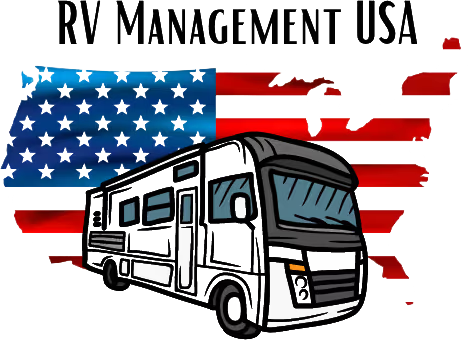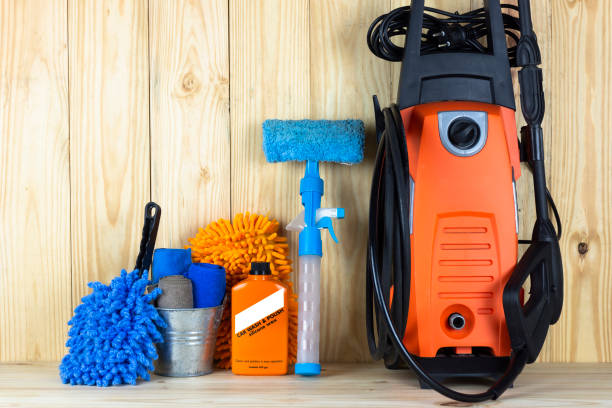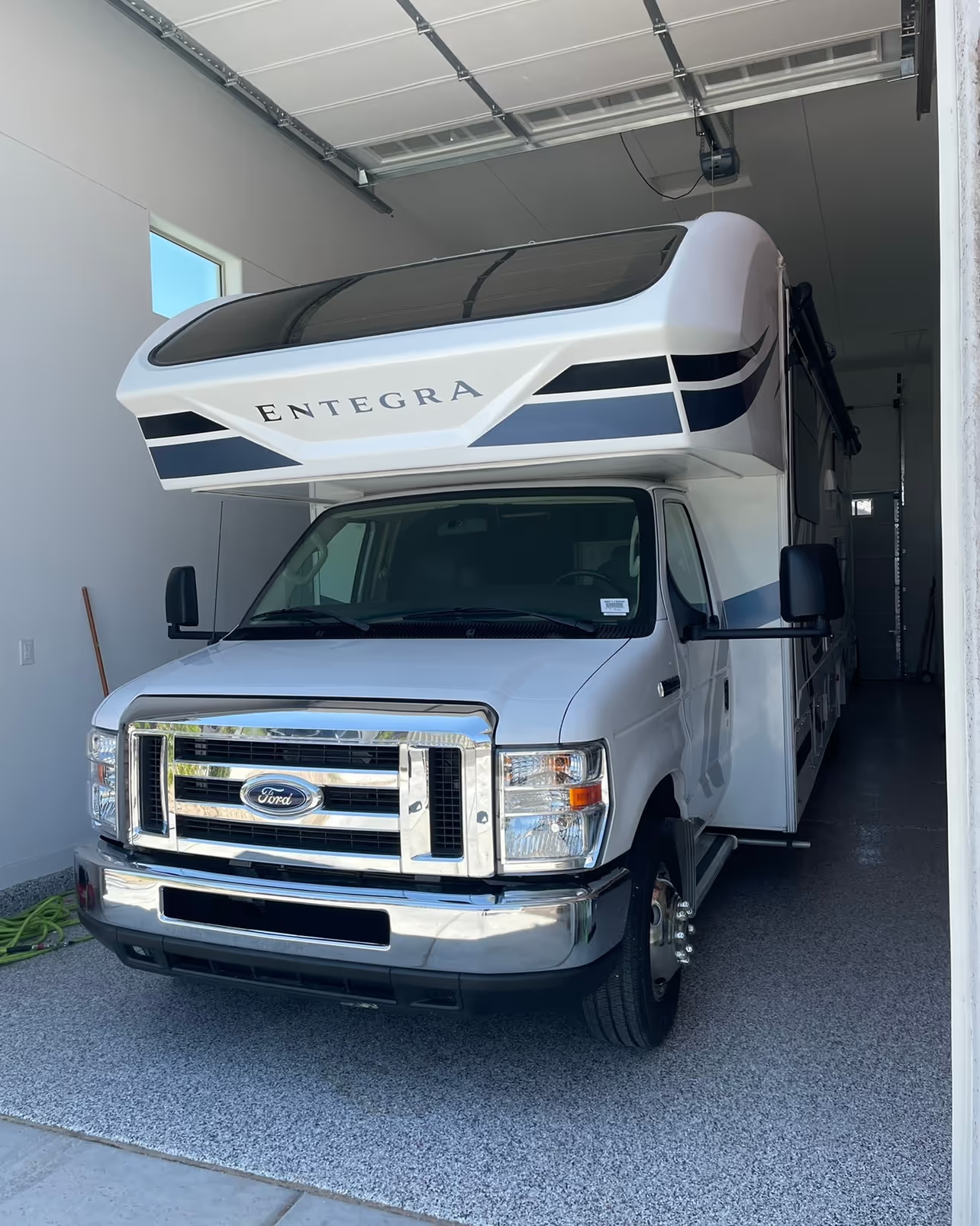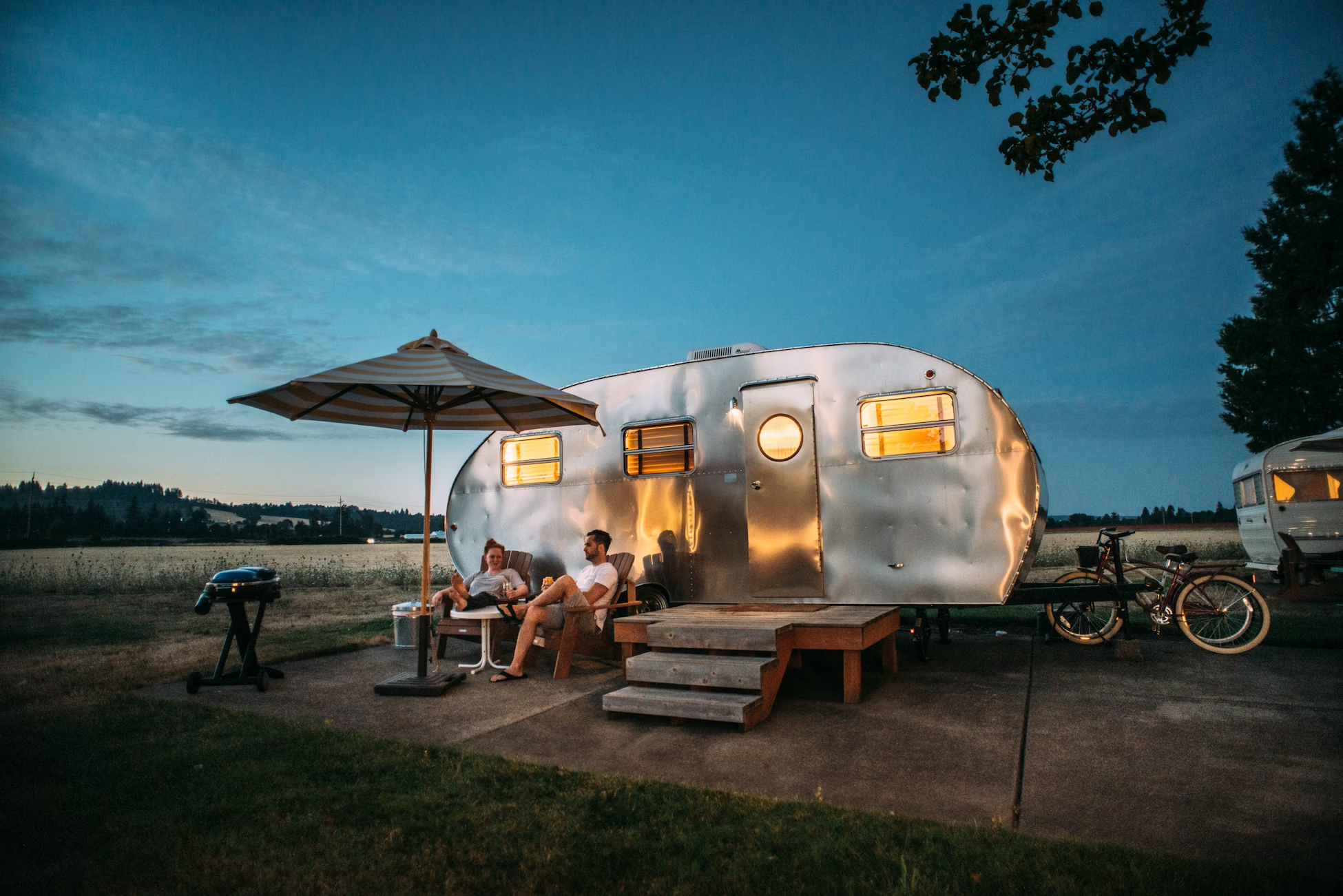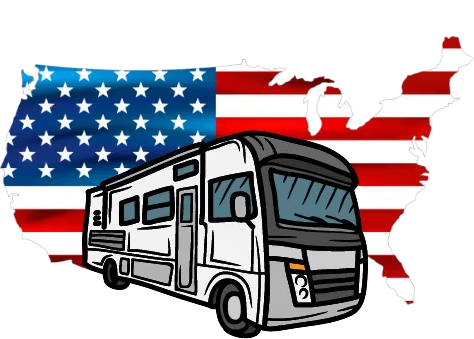You already know that renting out your RV can help offset ownership costs—or even generate steady passive income. But what many owners don’t realize is this: renting through a professional RV rental management program can actually improve how well your RV is maintained.
That might sound counterintuitive. After all, letting strangers use your RV sounds like a recipe for wear and tear. But in a well-run rental program, your RV isn’t just rented—it’s cared for like a fleet asset, with strict maintenance schedules, cleaning protocols, and professional oversight baked into the process.
In this article, we’ll unpack how RV rental management keeps your RV in top shape and why, for many owners, it’s the smartest way to protect their investment while generating income.
Table of Contents
- Why DIY Owners Often Fall Behind on Maintenance
- The Advantage of a Professional Management System
- How Turnaround Protocols Catch Issues Early
- What Gets Checked Before Every Trip
- Cleaning Standards That Preserve Long-Term Value
- The Power of Proactive Maintenance
- Vendor Networks and Fast Repair Coordination
- Maintenance Logs That Boost Resale Value
- Final Thoughts
Why DIY Owners Often Fall Behind on Maintenance
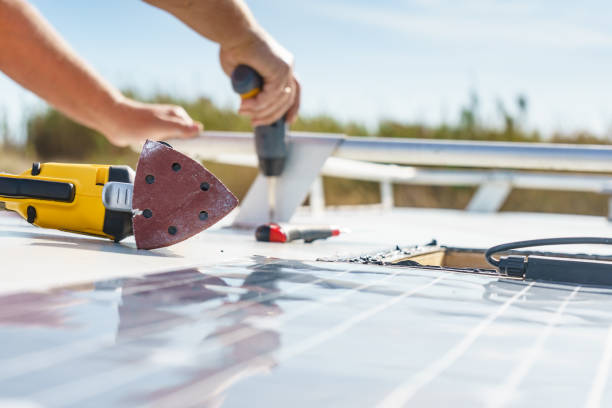
Most RV owners have good intentions—but life gets in the way. You plan to winterize, reseal, clean, and rotate tires—but it’s easy to put things off until spring. And when spring arrives? There’s that family trip, that unexpected expense, or that leaky roof that suddenly becomes urgent.
The truth is, most RV maintenance tasks are either forgotten or delayed when you manage them yourself. This includes:
- Roof inspections and sealant checks
- Brake and axle service
- Appliance vent cleaning
- AC filter replacements
- Tire pressure and aging checks
- Regular generator testing
- Seasonal freshwater tank sanitization
And when maintenance is skipped, problems compound—slowly turning your weekend rig into a mechanical liability.
The Advantage of a Professional Management System
When you partner with a rental management company like RV Management USA, you’re not just outsourcing bookings. You’re putting your RV into a care cycle—a repeatable, checklist-driven system that keeps the unit clean, functional, and rental-ready at all times.
This includes:
- Structured pre- and post-trip inspections
- Digital maintenance tracking for every system
- Coordination with certified repair vendors
- Cleanings that double as safety inspections
- Regular updates so you know your RV’s condition month to month
In other words, management doesn’t just protect your time—it protects your RV’s mechanical health and long-term value.
How Turnaround Protocols Catch Issues Early
Every time a rental ends, your RV goes through a structured turnaround process. This isn’t a quick once-over—it’s a detailed checklist designed to catch anything that went wrong during the trip.
Typical post-trip inspections include:
- Checking for damage (interior and exterior)
- Noting unusual smells or water leaks
- Verifying slide-outs, awnings, and leveling jacks
- Testing all major systems (power, water, HVAC, propane)
- Checking mileage, generator hours, and tire wear
It’s like a mini service appointment after every booking—at no cost to you.
This frequent contact means small issues (like a cracked vent or soft flooring) are caught long before they become big ones. And since renters are held accountable, your RV isn’t just repaired—it’s also respected.
What Gets Checked Before Every Trip
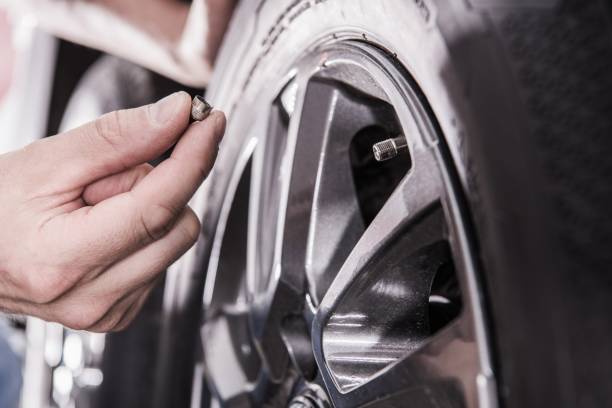
Just as important as post-rental inspections are pre-departure checks. These ensure renters get a safe, functional, and well-presented unit—and that the RV is protected against misuse.
Before every trip, managers verify:
- Tire condition and PSI
- Propane levels
- Functionality of brake lights, blinkers, and headlights
- Safe operation of stairs, slide-outs, and stabilizers
- Refrigerator, water heater, and air conditioning operation
- No leaks in plumbing or LP gas system
- Fully charged battery and tested generator
- Stocked safety items: extinguisher, CO/LP detectors, first aid kit
If anything’s off, the trip is delayed or reassigned—and your RV stays safe.
Cleaning Standards That Preserve Long-Term Value
Guests may not care how many rentals your RV has seen—but they care how it looks, smells, and feels when they step inside.
RVM cleaning protocols include:
- Deep disinfecting of kitchen, bath, and sleeping areas
- Vacuuming and mop-down of all floors
- Spot-cleaning upholstery and sanitizing surfaces
- Black and gray tank flushes
- Deodorizing and airing out units
- Exterior washdowns and bug/tar removal
This attention to detail isn’t just for guest comfort—it preserves flooring, cabinetry, seating, and surfaces. It also gives Territory Managers another opportunity to catch maintenance issues before they escalate.
The Power of Proactive Maintenance
The core of rental management isn’t just fixing problems—it’s preventing them.
Programs like RVM track usage and apply preventative maintenance schedules based on time and mileage. That includes:
- Oil changes and generator servicing every 100–150 hours
- AC tune-ups before summer
- Brake and axle inspection every 6–12 months
- Replacing propane regulator every 5 years
- Roof resealing every 12 months
- Water heater flushing and anode rod replacement as needed
Proactive service dramatically reduces emergency repairs and keeps your RV generating income—without sitting idle at a shop during peak season.
Vendor Networks and Fast Repair Coordination
When something breaks, speed matters. If your RV is sitting at the back of a 3-week service queue, you're losing money by the day.
RVM’s vendor network includes:
- Mobile RV techs for fast on-site service
- Certified repair shops for major systems
- Bodywork specialists for cosmetic fixes
- Appliance and electrical experts for diagnostics
- Vendors familiar with RVM units = faster repairs
Territory Managers handle the back-and-forth. You’re informed, not involved—saving you hours of coordination while ensuring your rig is repaired by someone who knows what they’re doing.
Maintenance Logs That Boost Resale Value

One often-overlooked benefit of managed RV care is documentation. Every service, cleaning, inspection, and repair is tracked—giving you a full maintenance log that adds real value when it’s time to sell.
Buyers want proof that the RV has been cared for. When you can show a track record of:
- Seasonal servicing
- Regular oil changes
- Tank flushes
- Generator testing
- Tire replacements
- Appliance repairs
…you can often command a 10–20% higher resale price than a comparable unit without records.
That’s not just protecting your RV while it’s earning—it’s maximizing its exit value too.
Final Thoughts
You might think putting your RV into a rental program means more wear, more risk, and less control. But when done right, it’s the opposite.
Rental management keeps your RV in better shape than most private-use rigs. It forces discipline into the care process, ensures accountability, catches small problems early, and gives you consistent visibility into how your vehicle is performing.
At RV Management USA, every unit is treated like a high-output commercial vehicle—with systems in place to keep it clean, functional, profitable, and protected.
If you’re thinking about turning your RV into an income-producing asset, but you also want it to stay in great condition, there’s only one answer:
Don’t manage it yourself. Let professionals protect it—while it pays you.
– RVM Team
